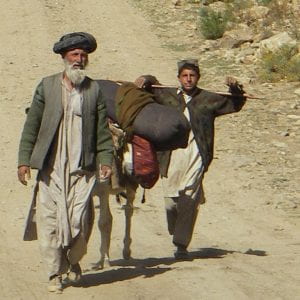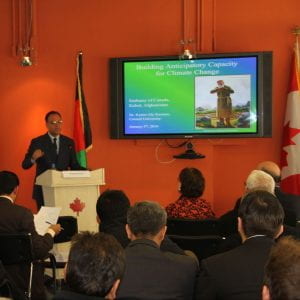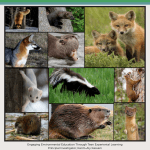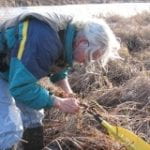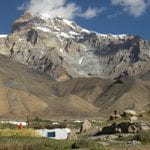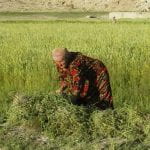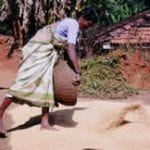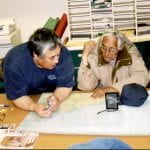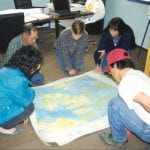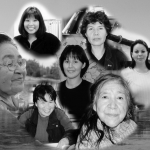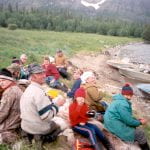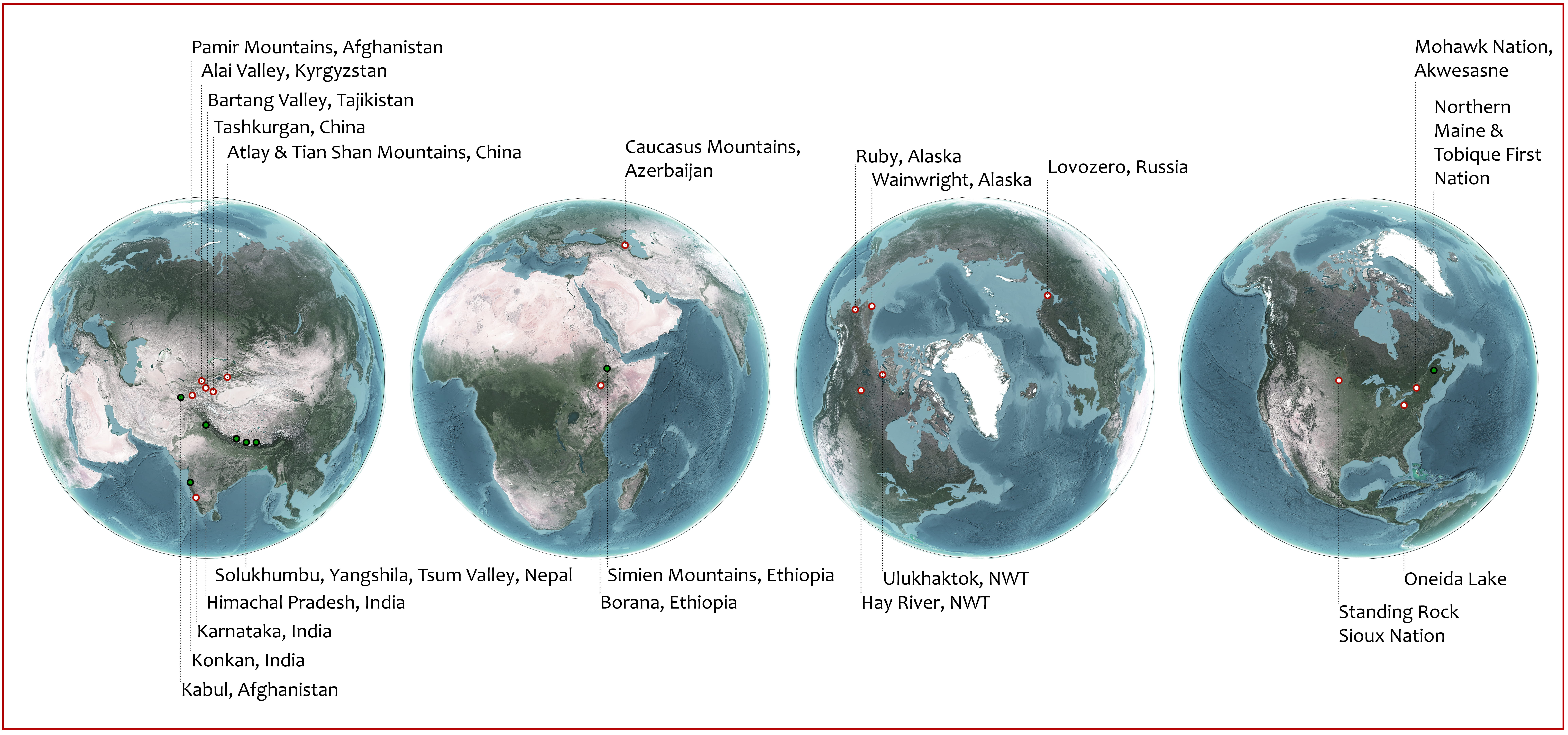
International Action Research Projects
Professor Kassam’s research projects are based on an action research approach in which the community directly participates in the design, implementation, and application of results.
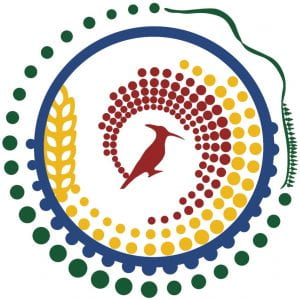 |
Ecological Calendars to Anticipate Climate Change
The greatest challenge of anthropogenic climate change is lack of predictability due to unprecedented weather patterns. Developing anticipatory capacity – the ability to envision possible futures and develop a dynamic plan to deal with uncertainties – is urgent. Ecological calendars contribute to food and livelihood security. |
|
|
Peacebuilding, Climate Change, and Migration Workshop
We examine the nexus of peacebuilding, climate change, and migration from a socio-environmental perspective, integrating methods from the physical sciences with knowledge of locally and regionally-specific political, economic, and cultural arrangements. |
| Global Public Voices
Global public scholarship demands the effective ability of the biophysical and social sciences as well as the humanities to transcend borders and connect individuals and communities across the world to attain common goals and resolve mutual problems. |
Past Research Projects |
| Sustainable Forest Communities: Integrated Land Stewardship Strategy for Native American Land Claims
The purpose of our research was to create a biocultural land stewardship strategy for existing and newly-settled land claims of the St. Regis Mohawk Tribe. |
|
| Engaging Environmental Education Through Teen Experiential Learning Programs
This project was designed to serve and impact youth from both urban and rural areas of New York state with diverse needs, particularly vis-a-vis nature exploration and education. Youth of the Twenty-first Century are not visitors to their environment but are an integral part of their habitat. |
|
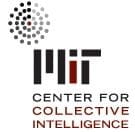 |
Anticipating Climate Change in the Pamir Mountains
Hosted an online contest to recalibrate traditional ecological calendars with climate science data, in collaboration with the MIT Center for Collective Intelligence and the Thriving Earth Exchange at AGU. |
 |
Conservation Bridge
Developed case studies addressing major conservation issues and linking civil society institutions with undergraduate students at Beijing Normal University, University of Central Asia, and Cornell. |
| Guidelines for Incorporating Biocultural Diversity into Northern Forest Resource Management
In collaboration with Mi’kmaq and Maliseet communities, developed guidelines and documented valuable knowledge related to plant gathering, cultivation, and use.
|
|
|
|
Beyond diversity: Re-situating Pluralism
Engaged a multi-disciplinary group of scholars and leaders from civil society institutions to develop a new vocabulary around the notion of pluralism. |
|
|
Indigenous People, Alpine Human Ecology, and Change in the Pamir (Afghanistan and Tajikistan)
Assessed the resilience capacity and developed relevant adaptation strategies resulting from biocultural changes in the Pamir Mountains of Badakhshan, Afghanistan and Tajikistan. |
|
|
Building Capacities of Rural Communities through People’s Institutions
Demonstrated best practices for community institutions and analyzed human ecological relations in forest communities to show linkages between cultural and biological diversity. |
| Linking Remote-sensing Information with Natural History and Traditional Knowledge
Explored the feasibility of combining remotely-sensed information with surface observations of abnormal sea ice events based on the traditional knowledge of indigenous community members. |
|
|
|
The Human Ecology and the Impact of Chemical Pollutants on Arctic Marine Communities Project
Documented the impact of chemical pollutants on the human ecology of three Arctic marine communities whose livelihood and food sources are dependent on marine resources. |
|
|
The Empowerment of Women: The Role of Indigenous Women in Forestry Development
Examined the role of indigenous women in forest communities in India and Canada and related these to current participation of women in economic activities. |
|
|
The Russian Sami Co-Management Project
Introduced the concept of natural resources co-management to Russia, utilizing Canadian methodology (participatory action research) and Russian research trainees. |
